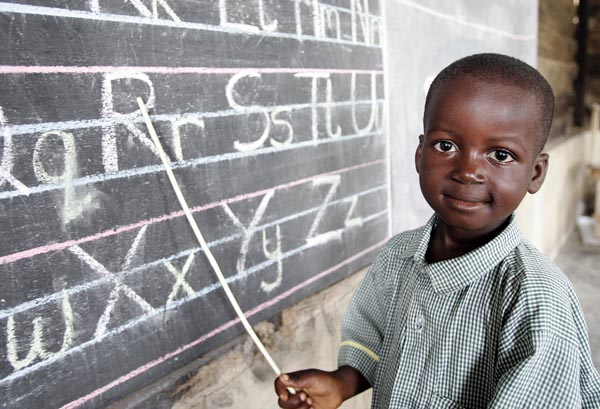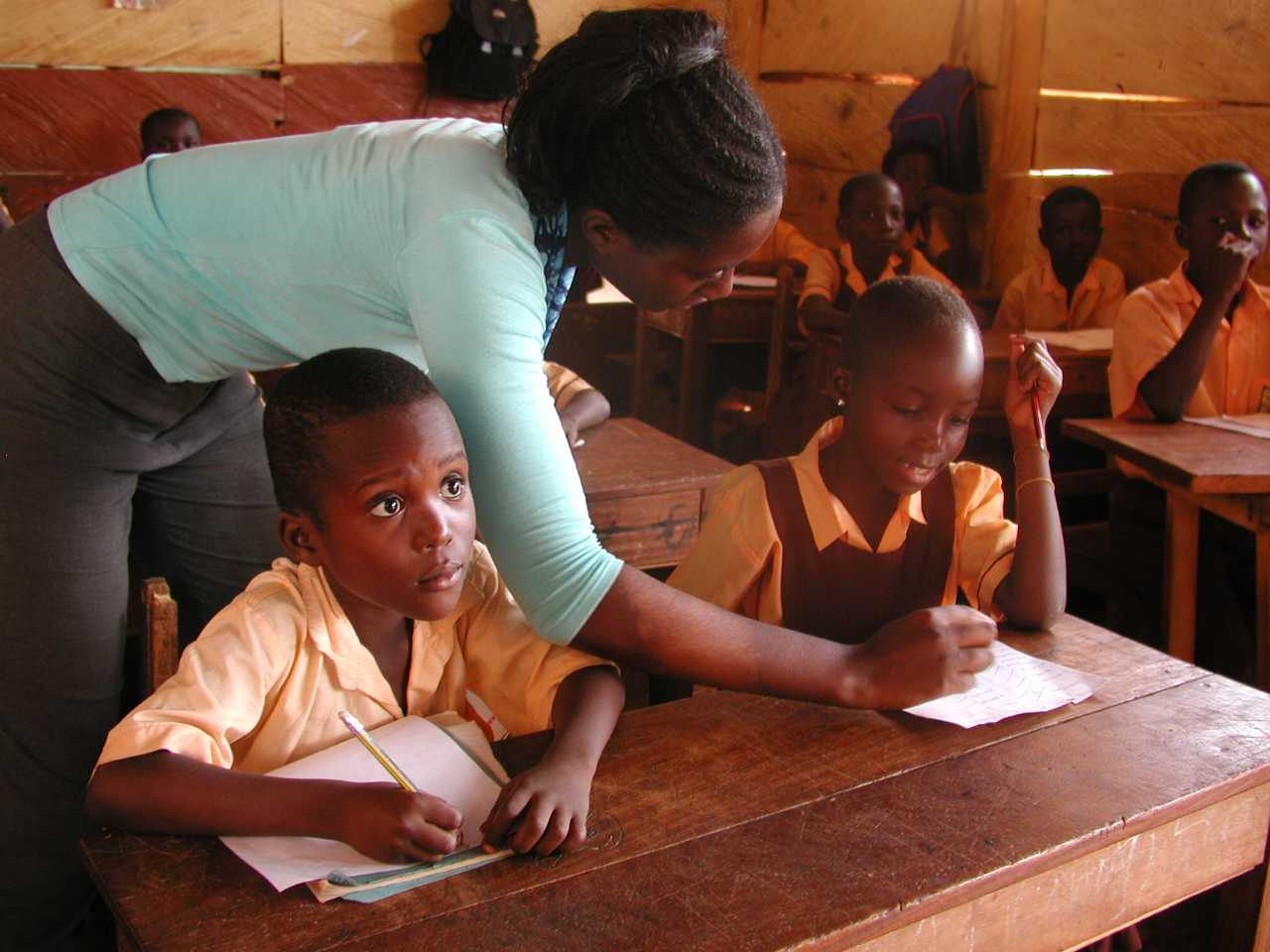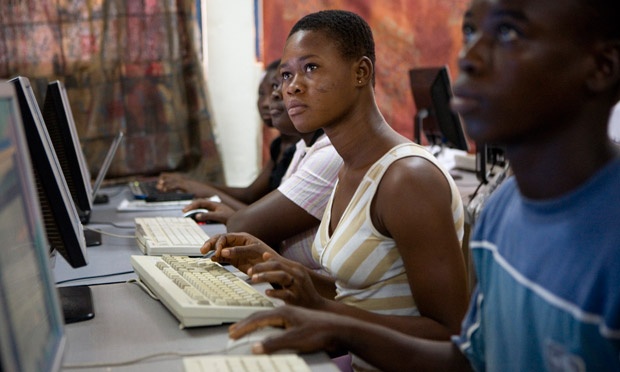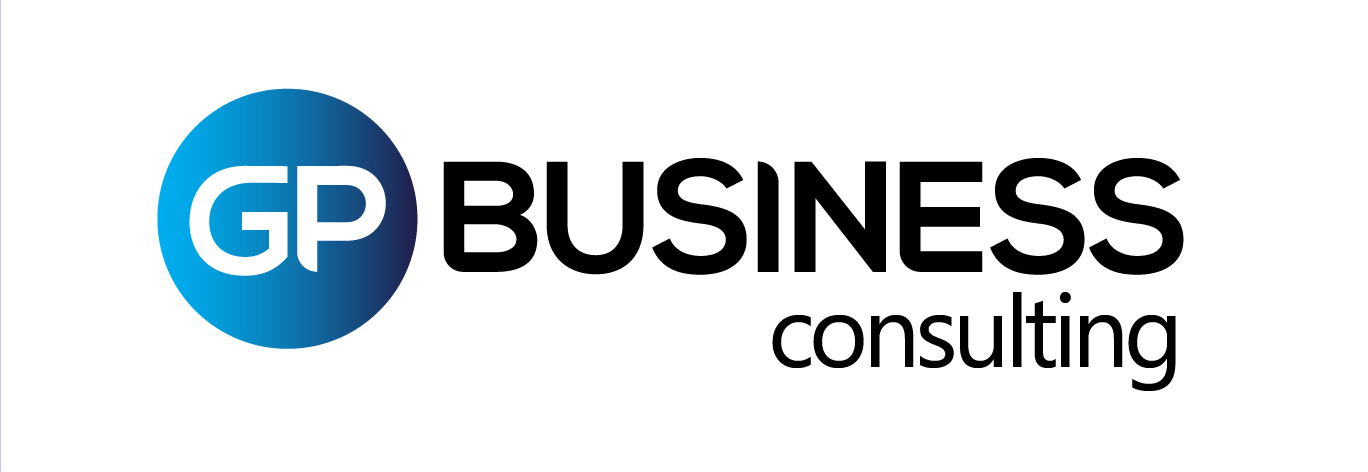



Education and Training
Investment Opportunities, Industries and Sectors
Education in Ghana is divided into three phases: basic education (kindergarten, primary school, lower/junior secondary school), secondary education (upper/senior secondary school, technical and vocational education) and tertiary education (universities, polytechnics and colleges). Basic education is compulsory for children between the ages of 4 and 15. The language of instruction is mainly English.
In 2018, the primary school net enrolment rate was 84.4%, far ahead of the Sub-Saharan Africa average of 79%. The literacy rate in 2018 was 79%, up from 71.5% in 2010 with a notable gap between men (84%) and women (74.47%).
Ghana’s primary, secondary and higher education infrastructure requires a lot of investment, eventhough efforts have been and are being made by the government and private sector to increase infrastructure capacity. As a result, there is a rapid expansion of private higher education rising enrolment in private universities.
The National Accreditation Board has been instituted by law to serve as a regulatory agency of the Ministry of Education. It is also responsible for the supervision and accreditation of tertiary institutions in Ghana. As at April, 2018, these are the numbers of the accredited higher forms of education institutions in Ghana:
- 10 public universities
- 7 public degree awarding/ professional institutions
- 1 regionally owned (West Africa) tertiary institutions
- 5 chartered private institutions
- 81 private tertiary institutions offering degree and HND programmes
- 1 distant learning institution
- 7 tutorial colleges
- 4 public polytechnics
- 1 private polytechnic
- 7 private colleges of education
- 39 public colleges of education
- 1 college of agriculture
- 25 public nurses training colleges
- 13 private nurses training colleges
- 5 registered foreign institutions
Besides, the country is seeking alternatives, such as distance learning and specialised training in areas such as health and safety. There is a need for training centres, a greater use of e-learning channels and other more innovative and flexible ways of providing education and skills development.
Many opportunities exist in the provision of vocational training; particularly in the supply of qualified labour for Ghana’s industries to fuel development.
